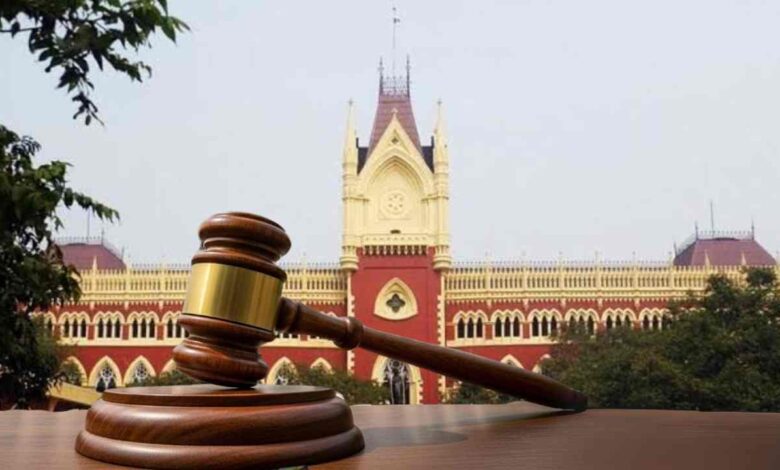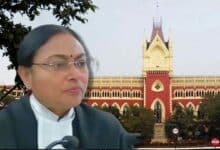32000 Primary Teacher Case: “Justice Cannot Be One-Way Traffic,” Lawyer Argues for Teachers

32000 Primary Teacher Case: The hearing for the case involving the cancellation of 32,000 primary teacher jobs is continuing in the Division Bench of the Calcutta High Court. In this case, filed against the verdict of a single bench, lawyer Kalyan Banerjee is presenting strong arguments on behalf of the appellants. His reasoning and legal questions have sparked new speculation about the future of the case. This crucial case is not only tied to the livelihood of 32,000 families but is also set to establish a precedent in the transparency of the state’s judicial process and the application of legal principles.
The future of the teachers who lost their jobs due to the single bench’s verdict now depends on the decision of the Division Bench. Each hearing of this case is extremely significant for thousands of job aspirants in the state.
The Lawyer’s Core Arguments
In the Division Bench, lawyer Kalyan Banerjee has primarily raised several key legal questions. The foundation of his argument was the violation of the principles of Natural Justice and procedural flaws in the judicial process. His presented arguments are highlighted below:
- Job Cancellation Without a Hearing: The lawyer’s main argument is that none of the 32,000 teachers whose jobs were cancelled were made a party to the case, nor were they given an opportunity to present their side. This goes against natural justice. According to him, “justice cannot be one-way traffic.”
- Verdict Beyond the Scope of the Plea: The original petitioners did not demand the cancellation of all jobs in their application. However, the single bench judge went beyond the scope of that plea to issue a broader order, which the lawyer claims is not legally valid.
- Lack of Evidence: The lawyer questioned that while there are allegations of corruption, no specific evidence or CBI report was presented in court to prove that these 32,000 teachers were directly involved in corruption. Such a large number of jobs cannot be cancelled based solely on opinion.
- Whose Responsibility Is It?: Even if there were flaws in the recruitment process, the job candidates are not to blame; rather, the board or the recruiting agency is responsible. The lawyer tried to substantiate his argument by citing examples from the Supreme Court and various High Courts.
Questions on the Transparency of the Judicial Process
Lawyer Kalyan Banerjee also raised questions about the role of the single bench judge and the methods adopted. He stated that the judge followed a legally “unknown procedure” to deliver this verdict. He used various legal precedents to show that whenever an appointment is cancelled, it is mandatory to include the affected parties in the case. Since this was not done here, he claims the entire process is flawed.
During the hearing, Division Bench Justice Tapabrata Chakraborty advised against making political comments, indicating that the court is focusing solely on legal arguments.
The Future of the Case and Next Steps
The hearing in this case is still ongoing, with the next hearing scheduled for July 1st. On that day, the opposing counsel will present their arguments. After Kalyan Banerjee’s strong arguments, there is a renewed sense of hope among the teachers who lost their jobs. According to their lawyers, the Division Bench is examining all legal aspects, and they are optimistic about a positive outcome.
However, until the final verdict is delivered, the future of the 32,000 teachers remains uncertain. This case is expected to have a long-lasting impact on West Bengal’s education system and recruitment process. All eyes are now on the final decision of the Division Bench.

